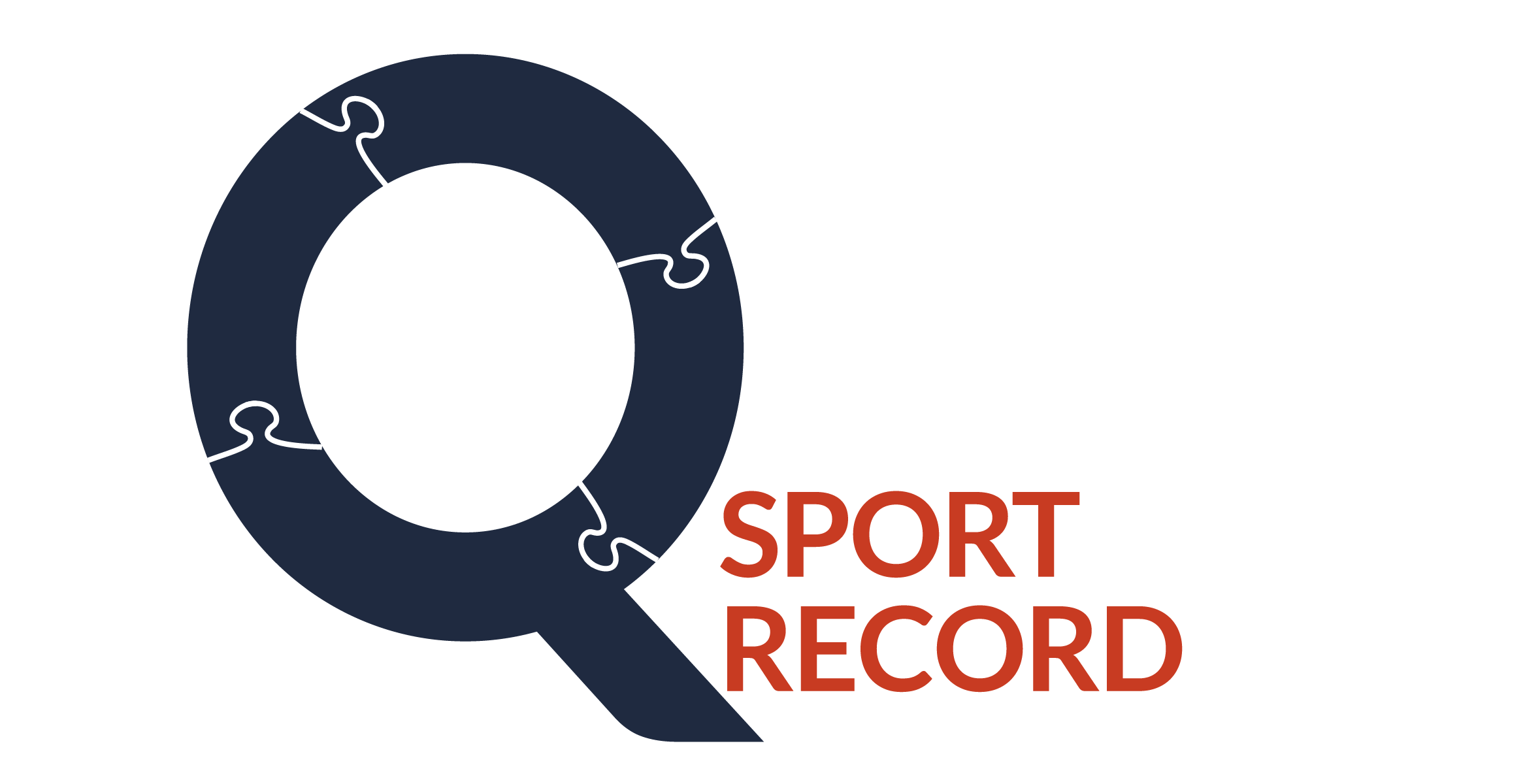Racquetball is a relatively new sport, and due to its short history has a limited base of accumulated scientific knowledge and theory to guide the training and development of the sport and its athletes. That said, Canadian racquetball has had some success at the local, national and international levels. Through the implementation of its Long-Term Athlete Development (LTAD) model, Racquetball Canada intends on improving all aspects of the sport across the country.
Racquetball teaches participants fundamental movement skills, fundamental sport skills and the ABCs – agility, balance, coordination and speed – of physical literacy.
FUNdamentals: Let’s Play Racquetball
Racquetball’s LTAD model consists of eight stages.
- Active Start (M, F 0-6) – Introduces fundamental movement skills through physical activity and play.
- FUNdamentals (M 6-9, F 6-8) – Develops and builds fundamental movement skills.
- Learn to Train (M 9-12, F 8-11) – Teaches overall sport skills.
- Train to Train (M 12-16, F 11-15) – Builds an aerobic base, develops speed and strength, and further develops and consolidates sport specific skills.
- Train to Compete (M 16-23, F 15-21) – Optimizes the “engine” and prepares athletes for competition.
- Learn to Win (M 19+, F 18+) – Produces podium performances at national and international amateur events.
- Train to Win (M 19+, F 18+) – Reaches the podium at all levels of international competition, at both the amateur and professional level.
- Active for Life (M, F all ages) – Encourages players to remain in the game, either competitively or recreationally, for life.
LTAD Plan
This model explains how best to use the 10,000 hours depending on the athlete’s age and stage, providing guidance on what and when to train.
Racquetball Canada – racquetball.ca


Recent Comments